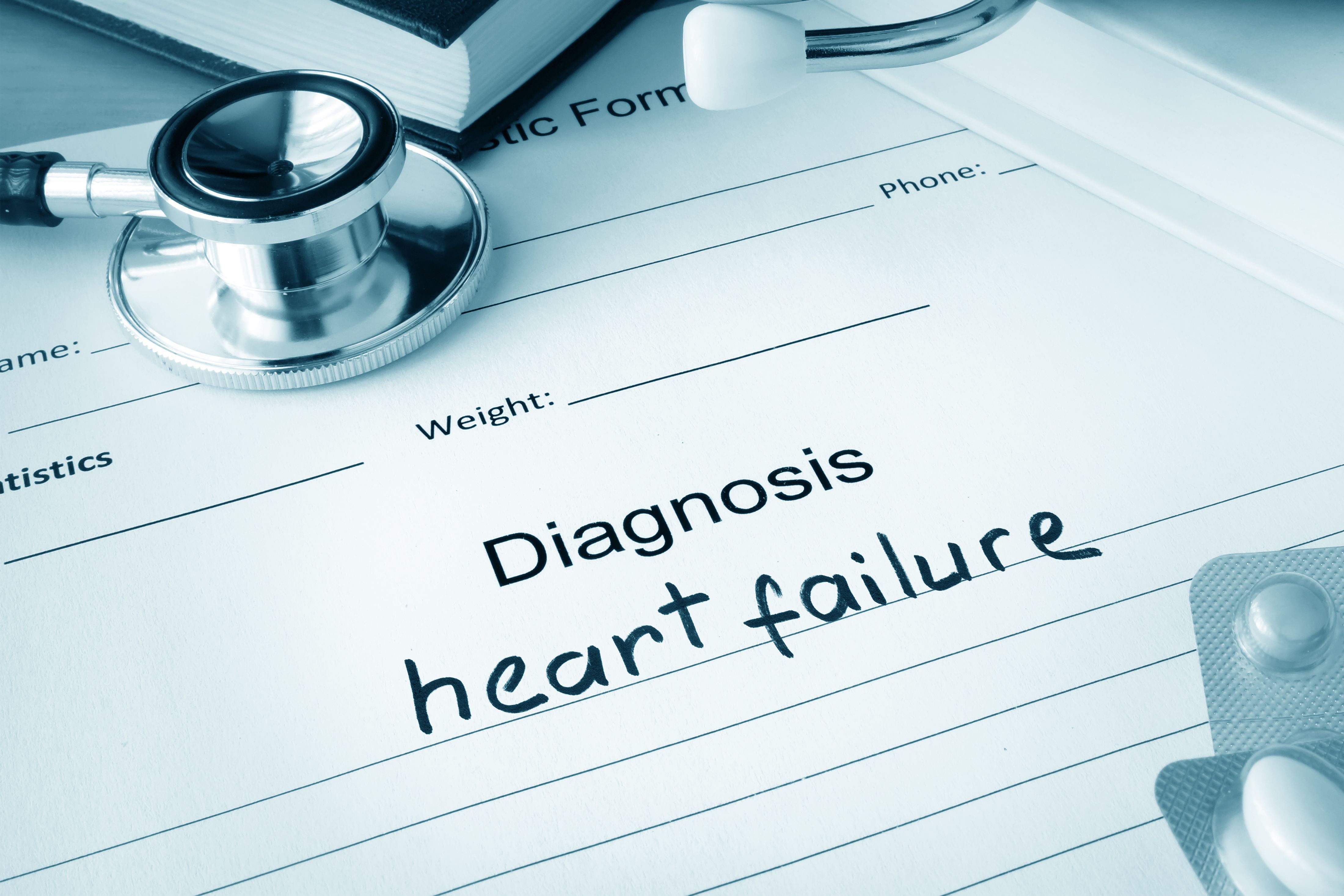Article
Robert C. Hendel, MD: The Importance of Adjusting Maintenance of Certification
Author(s):
Why a revised recertification strategy would be beneficial for practicing internists and cardiologists.
A singular exam challenging physicians to prove their continued education, decade by decade, may not be the optimal choice for recertification. As such, organizations are seeking out alternative plans for maintenance of certification.
In an interview with MD Magazine®, Robert C. Hendel, MD, chair of Cardiovascular Medicine at Tulane University, explained the thinking behind the maintenance of certification rebuff, and why it may be critical fields such as his own explore their options.
MD Mag: What are your thoughts on maintenance of certification?
Hendel: I think another very important area for viewers that are listening and are providers is the concept of maintenance of certification. It's very controversial, and in many states it's become a very hot-ticket item.
Some states have stated that maintenance of certification for certain specialties is not required—that after your initial board certification, that's enough, and then you have to maintain certain levels of competence, but you don't have to go through the formal evaluation of maintenance of certification.
Well, being an internal medicine physician who's a cardiovascular specialist, this has become a very important area. The American Board of Internal Medicine has very strict and clear guidelines on how to obtain that, but we in the communities have found this many times challenging. The concept that everyone has to take a ten-year examination and that may make them a better practitioner has come under a lot of scrutiny.
And whether or not that's valid, I'm not going to get into, but I did want to highlight that it does seem that there are alternatives. So I think for your viewers to know there are potential solutions that go beyond just a ten-year recertification examination, there may be smaller lower-stakes examinations that are possible to obtain that maintenance of certification.
And then I think some of the specialties, including cardiology in the American College of Cardiology, are looking for alternatives—whereby we believe that the continued educational process and continued learning is far more important than the ability to just take a single examination. So the final answers are not known. This is still a work in progress, it's a very heated area, but I think everyone is searching for the most appropriate alternatives to make sure that people really know the best that they can do in terms of medical knowledge for practicing cardiovascular disease.





